North Melbourne’s Jack Ziebell and the Dogs’ Luke Dahlhaus in the first Good Friday game, which drew 42,814 to Etihad Stadium. Photo: AFL MEDIA
AFL needs to show some good faith on Good Friday fixture
While the AFL has copped a lot of flak in recent years for the direction in which the game is headed, it at least deserves credit for equalisation measures which have strengthened the integrity of the competition.
This year, Richmond ended a 37-year premiership drought, just 12 months after the Western Bulldogs won a first flag in 62 years. Barring the AFL’s two newest entities, GWS and Gold Coast, every club has at least played in a grand final in the last 18 years.
On-field, football is as even as we’ve ever seen it. But equalisation off the field is a different matter, particularly when it comes to the AFL’s smaller clubs, and their lack of exposure.
When North Melbourne and the Western Bulldogs were chosen to host the AFL’s inaugural Good Friday clash this year, it was a positive step in that area, giving those clubs a long-overdue marquee fixture.
But already it seems that may change, The Age this week reporting that the AFL has declared no two clubs are guaranteed to share the clash on a regular basis.
It has apparently considered proposals from Carlton and St Kilda to play on Good Friday next year. To say the least, that’s extremely disappointing.
As any fan of a smaller club can attest, a lack of marquee fixtures for your team is one of the many disheartening drawbacks to supporting a team with a smaller supporter base.
From the sacred Anzac Day match between Collingwood and Essendon to the anticipation felt before the annual season opener between Richmond and Carlton, there is a heightened feeling of excitement accompanying these matches which many regular season games lack.
A lot of this has to do not just with traditional rivalries, but those which are formed out of these fixtures, built on the consistency of having the same teams do battle every year, Hawthorn and Geelong on Easter Monday in recent years another example.
But by rotating the teams that compete on Good Friday, the AFL already has destroyed the integrity of the occasion as a marquee clash.
While North Melbourne’s spot on Good Friday appears safe for now, some have called for them to vacate the fixture given their poor form in 2017.
The Herald Sun’s Jon Ralph scoffed on SEN’s The Run Home that the current match-up was not a “really sellable property”, despite drawing 42,814 to Etihad Stadium in round four.
“If St Kilda as we hear are pushing hard to replace the Bulldogs and North Melbourne, I think it’s an interesting little conundrum for the AFL,” he said. “Right now the Western Bulldogs versus North Melbourne is not a really sellable property.
“If the AFL is going to say for Friday night football, that’s their marquee slot, you need to play great, pyrotechnic, exciting football. I think there’s a good case to be said that, look North Melbourne are a long way off that.”
But if we were to judge the value of marquee fixtures by the success at any given time of the competing teams, wouldn’t that be setting a dangerous precedent for other high-profile clashes?
Would the AFL ever strip Collingwood of the Anzac Day clash if it suffered an extended period at the bottom of the ladder? Or Richmond of the Dreamtime game if it befell a similar fate?
Of course it wouldn’t. In fact, this is another one of the key benefits of a marquee fixture – it guarantees supporters a big clash they can get up for, even if they miss out on September action.
Clubs such as North Melbourne and the Western Bulldogs continued to be treated with less respect because of their smaller supporter bases. In this era of equalisation, that’s unacceptable.
Removing North Melbourne from the fixture would be a slap in the face to a club which has campaigned to play on Good Friday for years, and has continually gone above and beyond to please the head honchos at the AFL.
From pioneering Friday night football in the mid-1980s, playing home games in Canberra and the Gold Coast, to their ill-fated name change to “the Kangaroos”, North Melbourne has done everything it can not only to survive as a club, but to fit in with the AFL’s attempts to progress the game.
The Western Bulldogs similarly have endured relocation attempts, interstate home games and a name change, all in the name of survival.
If the AFL is as committed to equalisation as it proclaims to be, it will make the North Melbourne and Western Bulldogs Good Friday fixture permanent.
Instead of having St Kilda rotate with these clubs for prime-time exposure, the league should be looking to give the Saints their own marquee clash.
Critics will say that less popular clubs don’t deserve marquee clashes because they won’t deliver the crowds to justify such a fixture. But without the exposure and excitement that’s generated from marquee clashes, how will smaller clubs ever achieve true parity with their more popular rivals?
Who is to say that if the Roos and Dogs are at least given a decent few years to make the Good Friday fixture their own, they couldn’t develop a rivalry which creates one of the most anticipated matches of the year?
We’ll find out next Tuesday, when the AFL releases the 2018 season fixture. If the AFL is serious about equalisation, it will do the right thing. And if it doesn’t well, that will become just another platitude not backed up with genuine action.

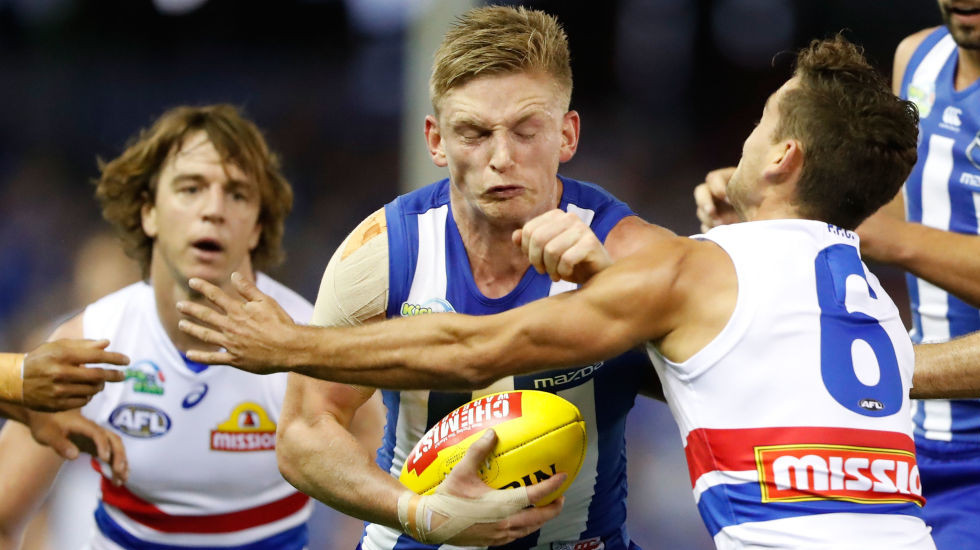
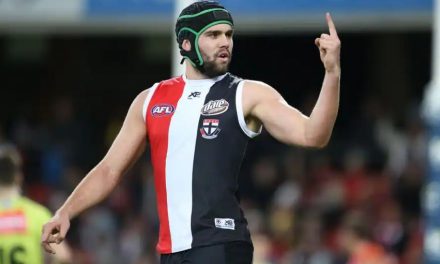
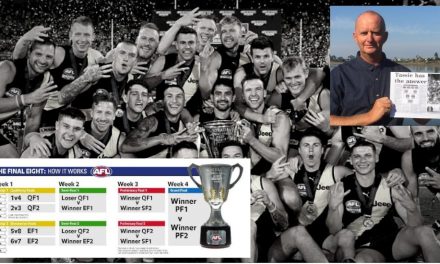
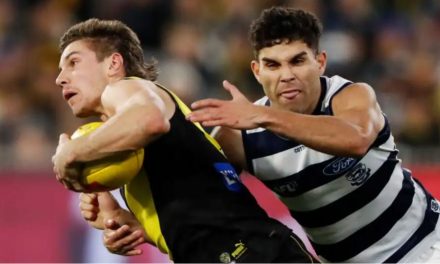
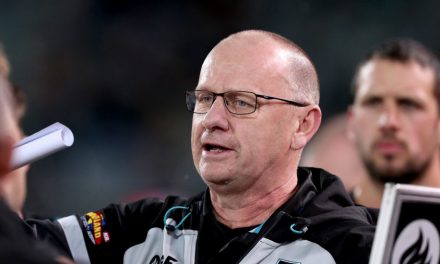






St Kilda’s home attendences in 2017 were almost 100K above the kangaroos and only 700 below the Bulldogs
Finally some sense! Why don’t we rotate Anzac day, dreamtime at the G, Queens Birthday, Easter Monday? Remember the backlash when Commetti suggested Essendon forfeit their ‘right’ to Anzac day when exposed as drug cheats. North should be a lock for this fixture, it’s a joke that peanuts such as Jon Ralph can spout off tripe like that and have the gall to use St Kilda as an example of marketable property. Take a look at St Kildas crowd numbers. They are worse than both North’s and the Bulldogs. This media conspiracy against the Roos must be exposed.